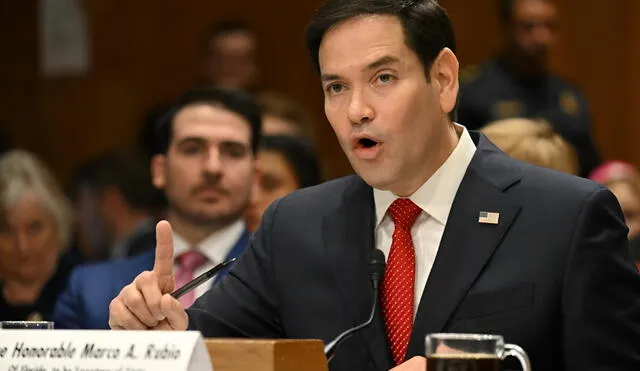Marco Rubio denies claims of deported U.S. Citizen Children without due process
Legal experts challenge the deportation of U.S. citizens under Trump’s policies, as a federal judge raises concerns overdue process. This case could impact future immigration enforcement.

Senator Marco Rubio has publicly denied claims that the Trump administration deported three U.S. citizen children without due process, labeling the allegations as "misleading." In an interview on NBC's "Meet the Press," Rubio clarified that while the children's mothers were deported for being in the country illegally, the children accompanied their mothers voluntarily. Rubio emphasized that the children can return to the U.S. if a legal guardian assumes responsibility for them.
The controversy arose from a Washington Post report stating that three children, aged 2, 4, and 7, were deported to Honduras with their mothers. One of the children is reportedly battling stage 4 cancer and was allegedly sent without necessary medical provisions. Critics argue that the government's actions effectively amounted to deportation without due process, as the children were U.S. citizens.
Rubio disagrees with Trump and Bondi on immigration due process concerns
Rubio's statements contrast with those of President Donald Trump and Attorney General Pam Bondi, who have downplayed concerns overdue process in recent immigration enforcement actions. Trump has suggested that offering trials to all would be impractical and time-prohibitive. Bondi has been criticized for a leaked directive allowing federal agents to enter suspected gang members' homes without warrants.
The debate highlights ongoing tensions within the Republican Party regarding immigration enforcement and due process. While some officials defend aggressive deportation policies, others, like Rubio, advocate for adherence to constitutional protections. The situation underscores the complexities of balancing immigration enforcement with the rights of U.S. citizens, particularly minors.
Legal experts raise concerns over U.S. Citizens' deportation and custodial rights
Legal experts have expressed concern about the lack of communication allowed with relatives or attorneys before the children's removal. A federal judge later emphasized the illegality of deporting U.S. citizens, casting doubt on the government's claims. The incident raises broader questions about custodial rights and expedited deportations under the Trump administration's immigration policy.
As the legal proceedings unfold, authorities are expected to continue their efforts to address illegal immigration and associated criminal activities. The outcome of this operation may influence future enforcement strategies and policies at the federal and local levels. The situation remains dynamic, with ongoing discussions about the balance between immigration enforcement and the protection of individual rights.













